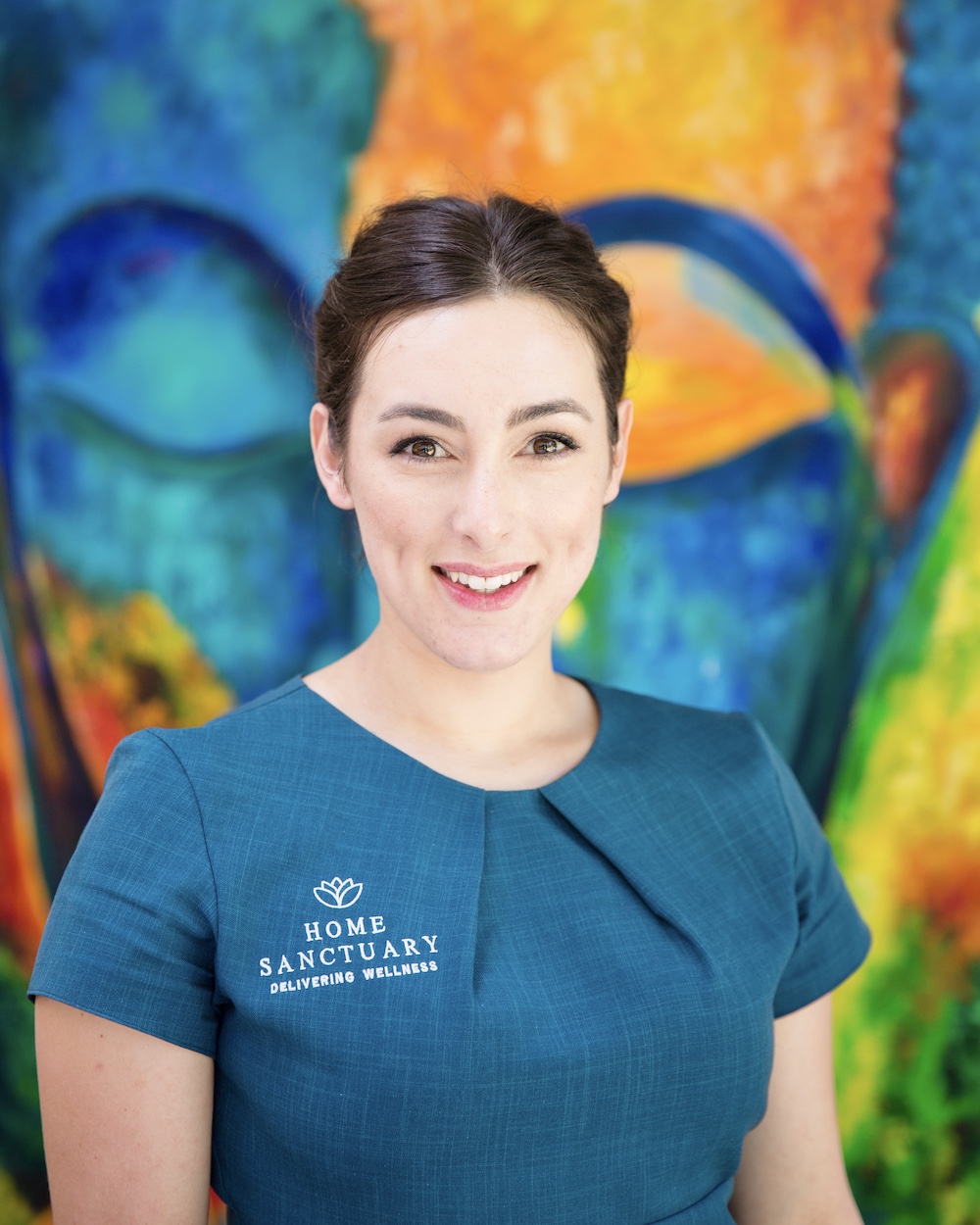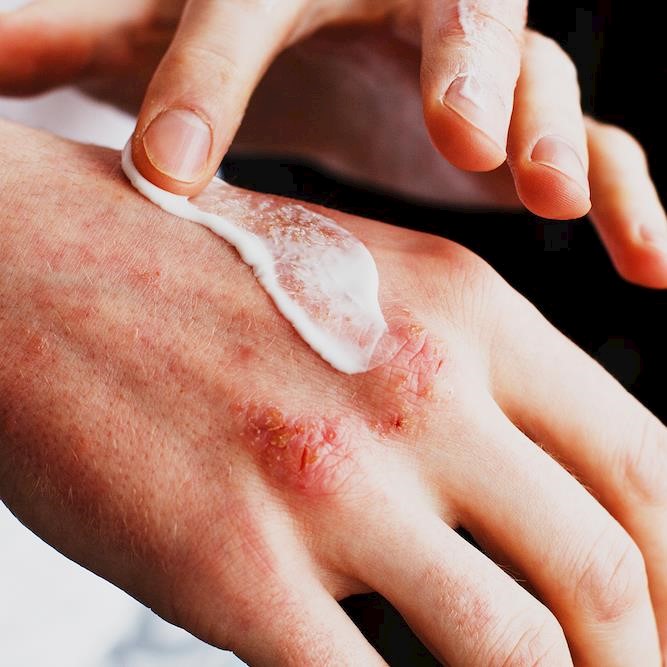How massage can help to treat mental health issues
Award-winning massage therapist Hayley Snishko tells us about her Massage4MentalHealth campaign and the role complementary therapies like massage can play in treating mental health issues.

Hayley Snishko is a massage therapist, owner of Home Sanctuary, winner of the 2022 Babtac Mobile Therapist award, and finalist in the Therapist of the Year category at the 2023 Professional Beauty Awards.
What is Massage4 MentalHealth?
“Massage4 MentalHealth is a campaign I founded to have massage recognised as a credible treatment for people suffering with mental health issues on the NHS, either as a standalone or complementary treatment.
“Making the public aware that massage is a credible treatment for mental health issues is at the heart of the campaign. If I can achieve this, then eventually people will not only be prescribed massage, but will actively seek massage as a treatment.
“Additionally, I’d like to commission further research to investigate exactly how massage works with mental health. I would also like to encourage therapists to upskill to effectively recognise and treat clients with mental health issues through massage.”
What is your experience of massage being beneficial for mental health?
“Having been a massage therapist for 14 years and knowing that one-in-four people suffer with mental health issues, I have treated thousands of clients with mental health problems and seen the impact massage has.
“At the beginning of my career, I had a young client who had terminal cancer. I was so aware when I was looking after her how the treatment was impacting her; it was so much more than just a relaxing treatment. I could see the difference in her mood.
“I’ve never forgotten her, and she inspired me to become the therapist I am today.
“I also have a very personal experience with massage and mental health. I’m a survivor of severe childhood trauma, and I suppressed it for many years.
“It resurfaced during childbirth back in 2017 when I had post-traumatic stress disorder, depression and anxiety.
“What I found most shocking was the physical side of depression. I suffered with fast heart rate, jumpiness and stomach upset, plus my muscles felt so heavy.
“I have been on and off with antidepressants, but I didn’t find they helped me. After suffering with depression for a couple of years, I decided to have my first massage – and it was unbelievable.
“All the physical effects of depression were gone, and I felt calm. I felt that the massage had given me back something that had been taken away from me, and no number of tablets or therapy had ever done that.”
What research is there to prove the mental health benefits?
“There is one study I regularly reference in the campaign, which was completed by Moyer, Rounds and Hannum in 2004. It is a meta-analysis of 37 different studies and looks at the effect of both single and multiple treatment doses.
“Their conclusion is that single applications of massage therapy reduced state anxiety, blood pressure and heart rate. Multiple applications not only reduced delayed assessment of pain, but the largest effects were reductions of trait anxiety and depression.
“It surmises that a course of massages provides benefits similar in magnitude to those of psychotherapy. Of course, more research needs to be done but the current research is very promising.”
Can other massage therapists get involved in your campaign?
“I’d love to get as many therapists involved as possible. Firstly, if therapists could use the #massage4mentalhealth hashtag on social media, this will generate awareness.
“Therapists who want to get involved can also email hayley@home-sanctuary.com. If any therapist has their own story on massage and mental health, I would love to hear from you.”
Don’t miss: the complementary therapies that could boost your business and 9 ways for stressed out managers to find a work-life balance


